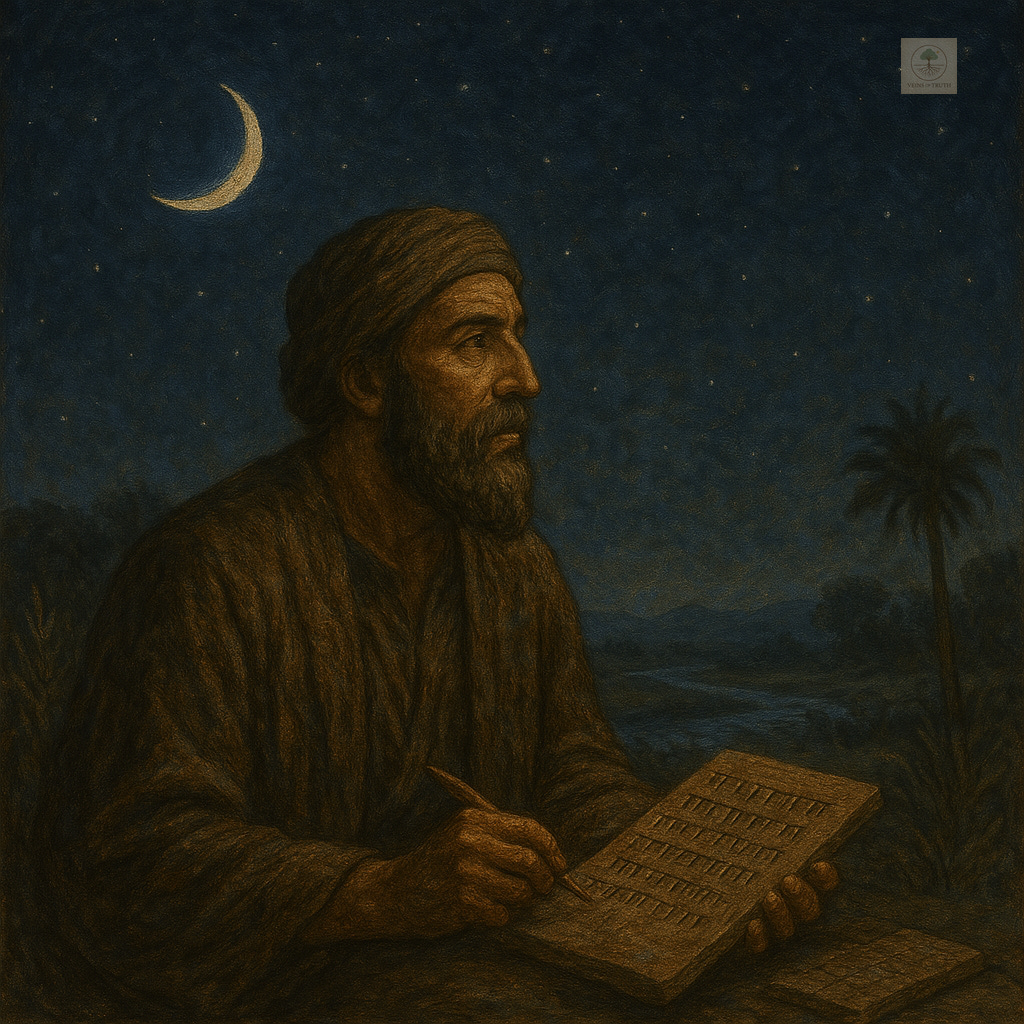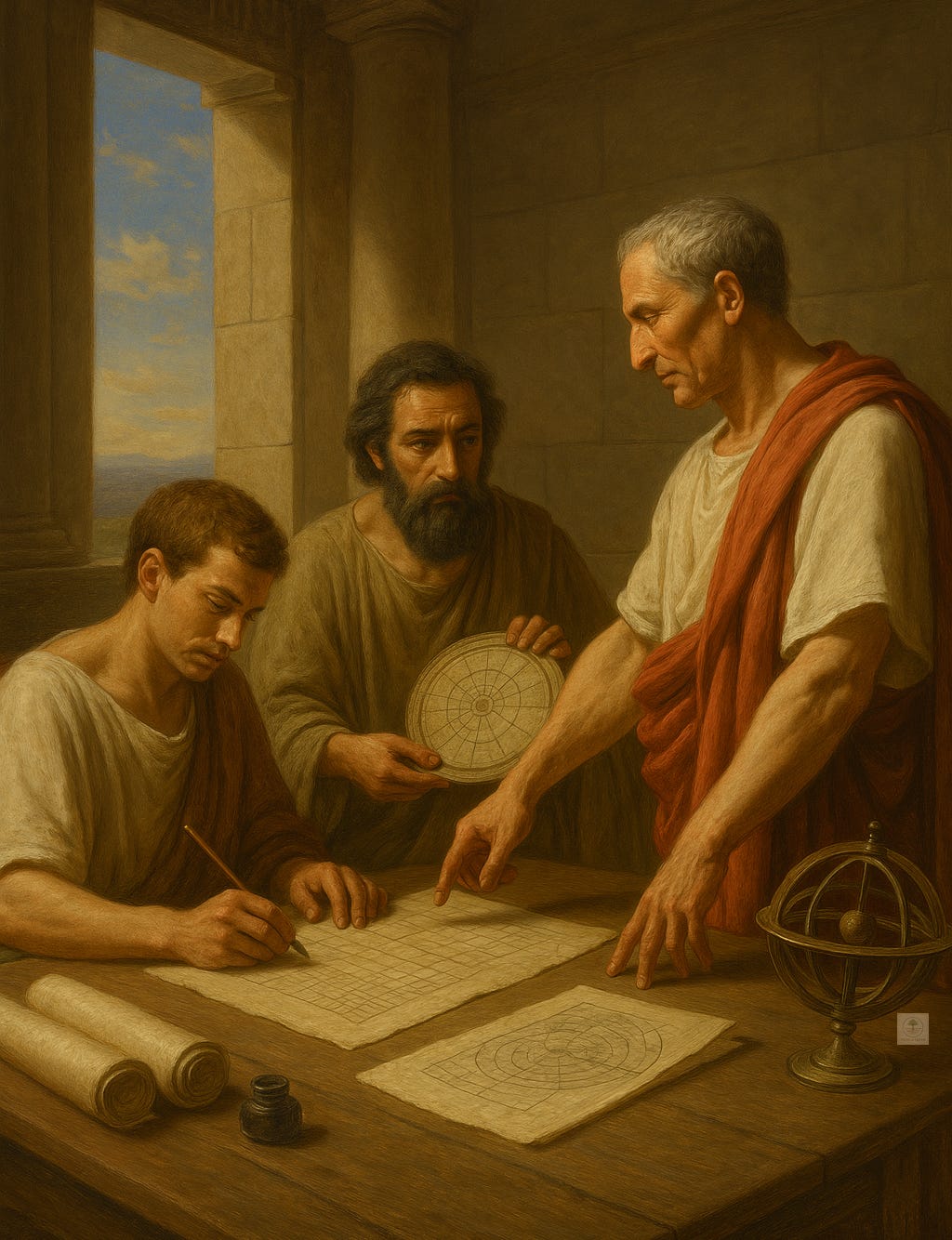What if the way you count your days, celebrate your holidays, and measure your life wasn’t yours to begin with?
We think of time as something natural—universal, objective, neutral. But time, as we live it today, is not a reflection of nature. It’s a reflection of power. The seven-day week, the names of the months, the beginning of the year, and even which days we rest—all of it was altered by empires that used time to control the rhythm of civilization. Before time was mathematical, it was sacred. And before it became standardized, it was rooted in the sky, the moon, and the earth’s natural turning.
Ancient cultures organized time by observing celestial patterns. The Babylonians used lunar months, the Egyptians tracked the heliacal rising of Sirius, and the Maya designed intricate calendars around solar and Venusian cycles. Time was not imposed; it was lived. Nature was the clock. Months began with the new moon, not with artificial numbers. Seasonal festivals were anchored in harvest and survival, not profit or state rituals. It was a way of life that aligned humanity with its surroundings.
That changed when empires rose and centralized power. One of the most impactful calendar shifts came under Julius Caesar in 45 BCE. Dissatisfied with the lunar-based Roman calendar, he introduced the Julian calendar, a solar-based system modeled after the Egyptian one. But this reform wasn’t just about seasonal accuracy. It was about imperial order. Months were renamed to honor leaders such as July for Julius, August for Augustus and the calendar became a canvas for political immortality. The original Roman names rooted in nature and numbers (like Quintilis and Sextilis, meaning “fifth” and “sixth”) were replaced by tributes to emperors. The calendar became a monument to ego and authority【1】.
Keep reading with a 7-day free trial
Subscribe to VEINS OF TRUTH to keep reading this post and get 7 days of free access to the full post archives.




